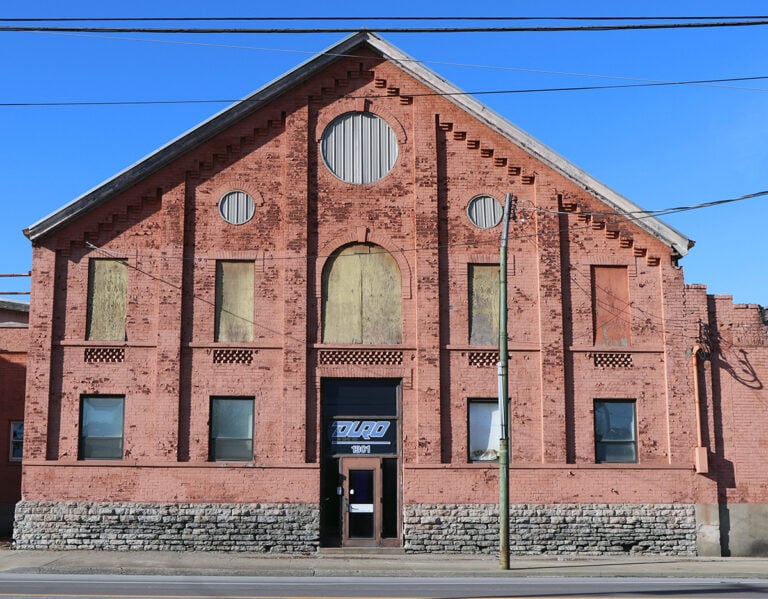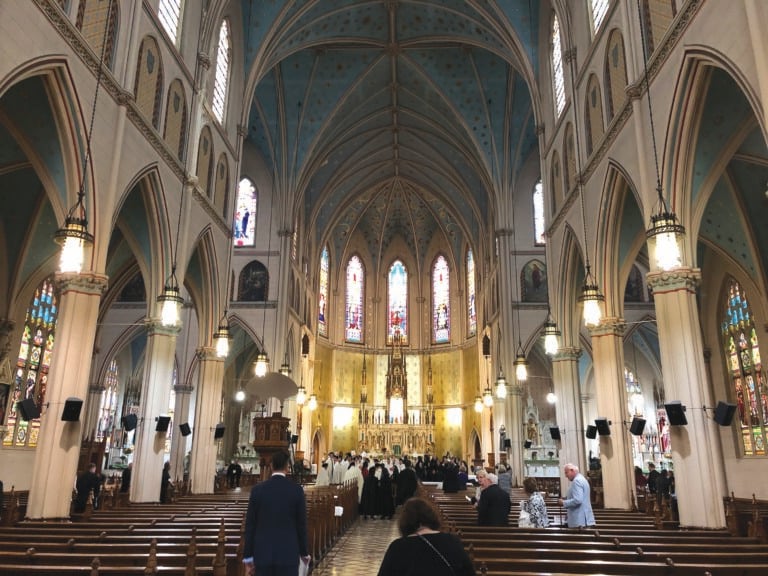Recently, the Kentucky House of Representatives took a big step forward in allowing local communities more control over their own growth and economic development. With overwhelming bipartisan support, the House passed LIFT, or Local Investments for Transformation. This a bill allowing Kentuckians to decide for themselves if they want to allow local voters to invest in economic development and infrastructure projects in their communities.

LIFT has gathered a tremendous amount of support from across the Commonwealth with endorsements from over 45 business and civic organization – including the Kentucky Association for Economic Development – representing every corner and every sized community in Kentucky. These organizations join the overwhelming majority of Kentuckians who, in a poll conducted by the Commonwealth’s largest news outlets, support LIFT. On top of that, a bipartisan group of legislative leaders have set aside political differences to advance this idea, and finally return more control to our local communities.
Despite such widespread support for LIFT, there is still some confusion about how the plan works and the legislation currently being considered in Frankfort.
First, let’s be clear about what LIFT is trying to accomplish. Currently 37 other states allow local voters to approve – at the ballot box – a temporary local option sales tax to pay for specific fixed infrastructure projects their communities want and need. LIFT hopes to add Kentucky to that list and give Kentuckians the same choice.
This local optional sales tax would be temporary – with an automatic sunset clearly stated on the ballot – and capped at 1 percent. If voters in a community wanted to pass a smaller levy amount of a half or even a tenth of a percent, they would be free to do so. This would also not apply to any of the essential goods currently exempted from state sales taxes like groceries, medicine, or utility bills.
I think it’s important to also make sure that everyone understands that the LIFT legislation that will now be considered before the Kentucky State Senate does not allow cities or counties to vote on local option sales taxes. As a proposed constitutional amendment House Bill 1, would only place the plan on a statewide ballot to be approved, or not approved, by Kentucky voters. If Kentuckians decided it was a good idea, then and only then, would LIFT be allowed. When legislative leaders say that this is “democracy at its purest form” this is what they mean.
If individuals or organizations oppose LIFT, then let them oppose it; if they support LIFT, let them support it. But at the end of the day House Bill 1 lets the people of Kentucky decide. Those attempting to derail House Bill 1 in Frankfort need to be reminded they are not stopping LIFT from becoming law – they are stopping Kentuckians having their voice heard on the matter.
The Kentucky Association for Economic Development supports LIFT. Our organization believes it is an idea whose time has come, and could be a crucial economic development tool which will help our local communities build a better future, and the new jobs and businesses we need. But – perhaps more importantly – we support the idea that Kentuckians ought to have a chance to decide for themselves. Kentucky senators should let the voters have a say.
Hal B. Goode ispresident and CEO of the Kentucky Association for Economic Development. KAED serves 600 members from around the state of Kentucky dedicated to promoting and facilitating economic development in the Commonwealth. He lives in Springfield and can be reached at 502-227-9653 or at www.kaedonline.org

















